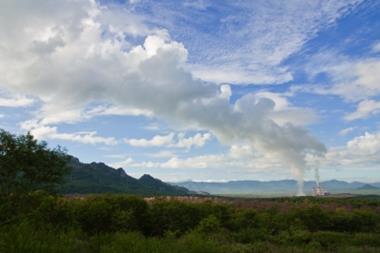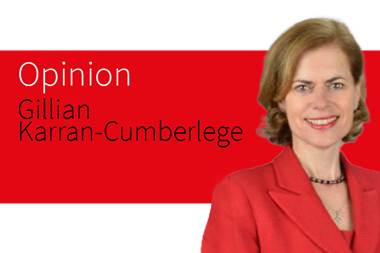Corporate risk managers throw down the sustainability gauntlet to insurers in day 2 discussions
There were dynamic discussions surrounding the role of insurers in supporting climate transition journeys at FERMA Talks this morning in Brussels.
On day two of the part physical, part virtual conference, risk professionals Carlo Cosimi, head of corporate insurance and risk financing at Saipem and Mario Ramirez Ortuzar, risk and assets manager, Exolum, said they were not getting adequate support from their insurance partners on issues such as emerging risks and sustainability.
With Exolum operating within and servicing the oil and gas industry, Ramirez Ortuzar explained it was impossible to transition the business models ‘overnight’. Yet at the same time, the firm is investing heavily in adapting their organisations and he felt it warranted more support from insurers.
“From the perspective of a risk manager we haven’t seen anything in terms of reduction of premium in return for a sustainable business model,” said Ramirez Ortuzar.
“We manage 6,000km of pipelines moving hydrocarbons across Europe so people can heat their homes and drive their cars - and we cannot stop from one day to another,” he explained. “It is a huge transition and we need a lot of support from banks and insurers to deal with this transition.”
“If the solution for the market is they are only going to underwrite green business, we are not going to be able to invest that money for the transition.”
He gave the example of the company’s transportation of sustainable aviation fuels (SAF). The chemical composition of SAF is identical to that of conventional kerosene, he explained, and can be used in aircraft engines as part of decarbonisation efforts within the aviation sector.
“The price of this sustainable kerosene product is much higher, so my question to banks and insurers is: How are you going to help us accelerate this transition? At the moment, we’re not seeing anything.”
Developing transition and sustainability KPIs
There was an opportunity for insurance CEOs to respond in the next live discussion.
Xavier Veyry, chief executive officer, APAC & Europe, AXA XL said initiatives were underway, but that it was not yet at a desired scale. “They need to be more organised and involve a wider number of participants to have a key impact where it comes to systemic elements, climate change or ESG.
He drew attention to the Net Zero Insurance Alliance, launched in summer 2021, which is a collaboration between eight large insurance and reinsurance companies with the aim of supporting carbon-intensive industries on their transition journeys by setting underwriting criteria and guidelines.
“It’s not about pulling the plug, but we have to follow the transition of our clients and of the entire industry in terms of bringing down carbon emissions,” added Edgar Puls, member of the executive board at HDI Global.
The industry must work together to develop KPIs and underwriting approaches where sustainability is concerned, thought Henning Haagen, board member and chief regions and markets officers at AGCS.
“There will be a common standard in terms of performance indictors to help carriers have an approach, and FERMA can help with that,” he said. “ESG is a topic that can only be achieved together. We cannot have a heterogeneous approach to it.”
Blog: FERMA Talks Conference 2021 Daily News Summary
- 1
- 2
- 3
- 4
- 5
 Currently reading
Currently readingFERMA Talks: Time to reward ESG?
- 6
- 7
- 8
- 9
- 10





























No comments yet